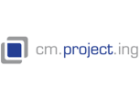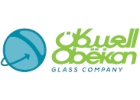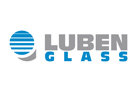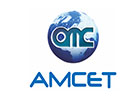With modern and sustainable glass production technology, Gerresheimer's plants in Germany set exemplary standards for all of the company's plants in Europe, America and Asia, particularly in innovations for greater sustainability. With the use of hybrid technology, the Gerresheimer plant in Lohr plans to build a glass melting furnace for white glass in 2023 which will save significantly more CO2 than conventional technology. The company has submitted a funding application to the German Federal Ministry for the Environment for this pioneering innovative project.
"This pioneering technology project serves to strengthen Germany as an industrial and glass location. With this innovative technology we will set new standards in terms of sustainability and avoidance of emissions," said Andreas Kohl, who as Global Senior Vice President Operations is responsible for worldwide container glass production and its technical development in the Gerresheimer Group.
At the Lohr plant, Gerresheimer produces more than one billion glass containers annually for the pharma and food industries with two melting furnaces for clear and amber glass. "By using this sustainable furnace technology in conjunction with green energy for the glass melting process, we will significantly reduce CO2 emissions in production by around 25,000 tons per year," says Jörg Buchmayer, Head of Production and Technology, who is responsible for the project. We are using hybrid technology, which makes it possible to cover half of the required melting energy in the furnace with green electricity and the other half with natural gas.
Glass can be recycled an infinite number of times. However, high temperatures are required for glass melting. This costs energy and generates corresponding CO2 emissions. For more than a decade, the Gerresheimer Group has been working on using no more energy than absolutely necessary for the sustainable production of its glass containers for the pharma, cosmetics and food industries.
Gerresheimer also produces glass containers for numerous well-known branded products in the pharma and cosmetics world at its German sites in Essen and Tettau. As part of its global sustainability strategy, Gerresheimer has set itself the goal of reducing its CO2 emissions by 50% by 2030 compared with 2019. The resource-saving production of glass plays a decisive role in this. The innovative technology planned for the plant in Lohr is pioneering in this respect.

























